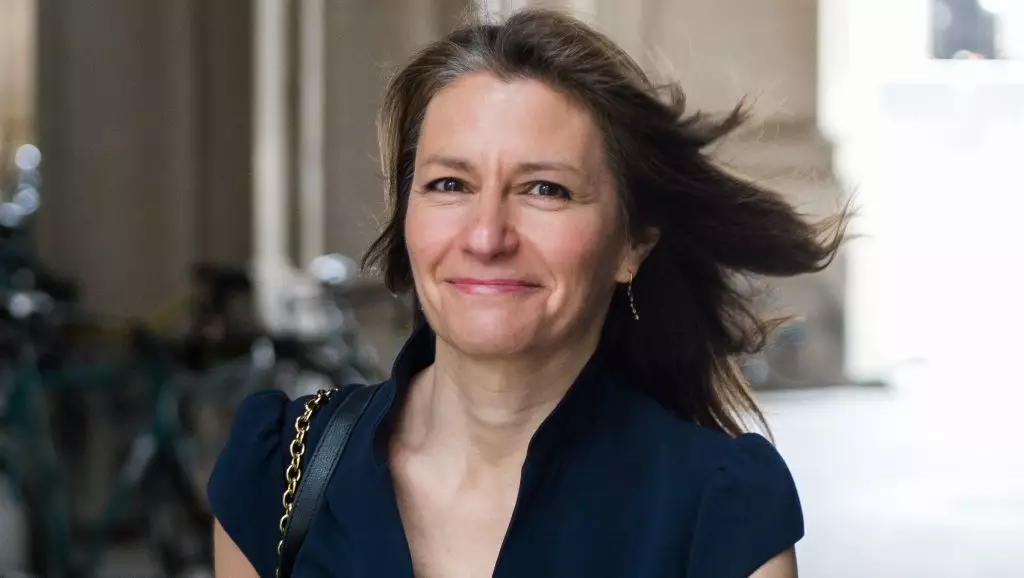The allegations against Russell Brand that emerged over the weekend have sparked a conversation about the culture within the UK TV industry. In response, Culture Secretary Lucy Frazer addressed the issue at the RTS Cambridge Convention, emphasizing the need for change and accountability in the industry. This article will delve into the importance of creating safe and inclusive working environments and the responsibility of industry leaders to lead change.
The Scandals of #MeToo
Frazer highlighted that the TV industry should not be synonymous with the scandals of the #MeToo movement. The allegations against Brand, which range from rape to sexual assault, were described as deeply shocking. It is crucial for the industry to address such allegations and provide a safe space for victims to come forward.
Frazer called on industry leaders to reflect on their own organizational culture and processes and lead change where needed. It is essential for the industry to be characterized by talent, opportunity, and inclusivity, rather than scandals. Investigations by the BBC, Channel 4, and Big Brother producer Banijay have already been launched, and it is crucial for all parties involved in Brand’s employment to conduct transparent investigations.
Russell Brand’s Response
Despite the allegations, Brand’s representatives have not responded to requests for comment. Brand published a video on social media denying the litany of allegations and stating that all his relationships were consensual. This highlights the importance of conducting thorough investigations while giving individuals a fair opportunity to address the allegations against them.
Frazer also addressed the ongoing labor action in the U.S., which has impacted the UK TV industry. A recent survey by broadcasting union Bectu revealed that 80% of the freelance community has been affected by the strikes. Although an Income Replacement Scheme to help freelancers with lost earnings was suggested, it was dismissed by Frazer’s department. However, Frazer expressed a desire to invest and spur growth across the UK.
Frazer unveiled plans to potentially bring almost 900 unregulated TV channels under Ofcom’s harmful content rules. The increasing number of unregulated and internet-based TV channels, particularly free ad-supported streaming television (FAST) channels, necessitates an evaluation of existing regulations. A consultation has been launched to determine whether extending regulation is necessary, taking into account the balance between protecting individuals and freedom of speech.
Regulating streamers such as Netflix and Amazon Prime Video is a key aspect of the forthcoming Media Bill. However, Netflix has expressed concerns about the potential effect on its library and the feasibility of compliance. Frazer reaffirmed the government’s commitment to expand opportunities for public service broadcasters in the digital age while ensuring the protection of traditional TV viewers.
Frazer has initiated a research and engagement program to explore how UK audiences will consume TV in the future. This commitment to understanding the evolving landscape of television highlights the importance of staying ahead of technological shifts and ensuring viewers’ preferences are considered.
The allegations against Russell Brand have placed a spotlight on the UK TV industry and the need for change and accountability. Culture Secretary Lucy Frazer’s address at the RTS Cambridge Convention emphasizes the importance of creating safe and inclusive working environments, conducting thorough investigations, and regulating the industry to protect individuals while acknowledging freedom of speech. It is incumbent upon industry leaders to lead by example and make necessary changes to ensure the TV industry remains synonymous with talent, opportunity, and inclusivity. The future of television depends on embracing technological advancements while safeguarding the interests of traditional viewers.

